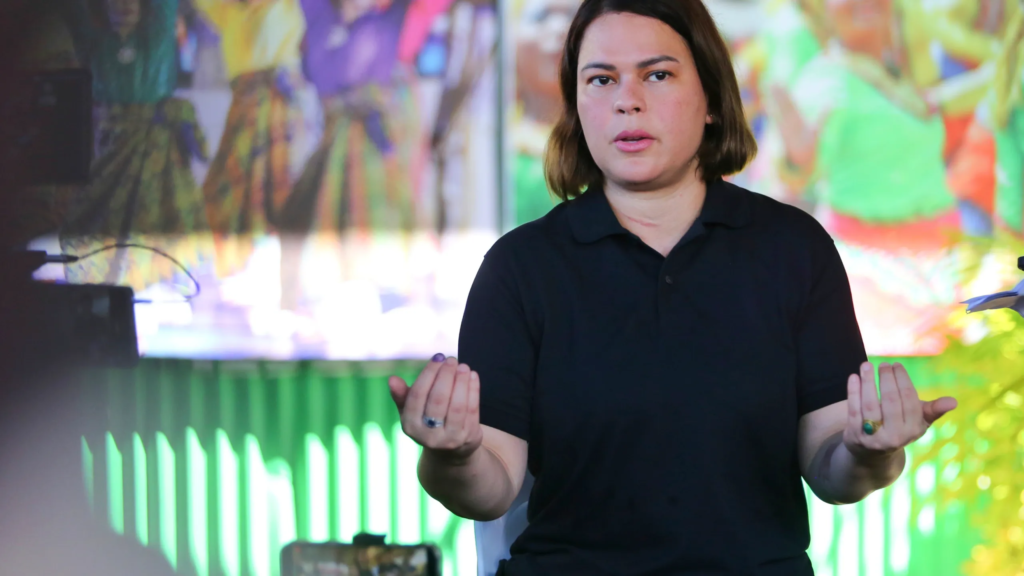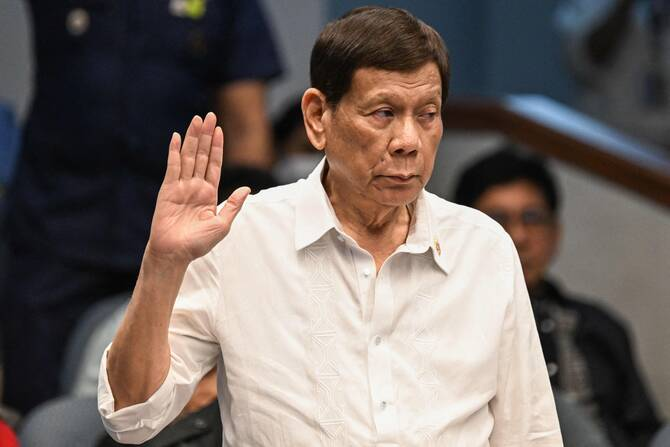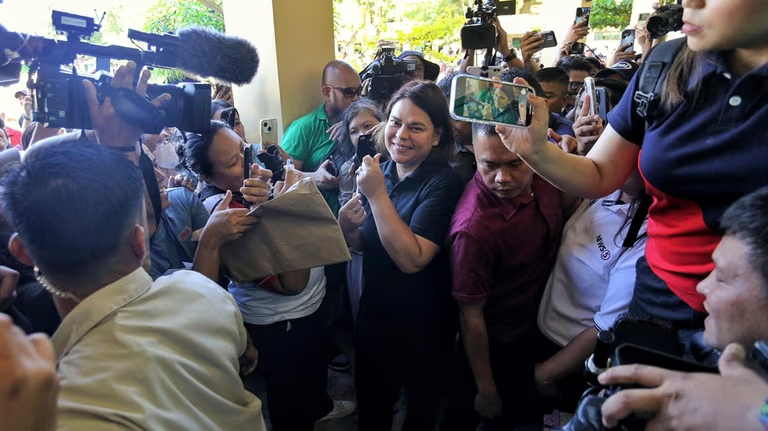Introduction
Despite being detained on corruption-related charges, former Philippines President Rodrigo Duterte is poised for a dramatic political comeback in the 2025 Davao City mayoral race. Known for his strongman image and grassroots loyalty, Duterte’s bid is stirring national and international attention. This blog dives into the top 5 reasons why Duterte remains a formidable force in local politics—detention notwithstanding.




1. Loyal Support Base in Davao City
Duterte’s roots in Davao run deep. As a long-time mayor before becoming president, he transformed the city’s security and infrastructure, earning widespread loyalty. Even amid legal troubles, many Davaoeños see him as a protector and a symbol of progress. This unwavering base could secure his return to City Hall.
2. Political Legacy and Dynastic Strength
The Duterte name continues to wield considerable power in the Philippines, particularly in Mindanao. His daughter, Sara Duterte, is Vice President, and the family’s political machinery remains active and effective. This dynastic momentum boosts his electoral prospects significantly.
3. Perception of Unjust Detention
Many supporters view Duterte’s detention as politically motivated. This narrative has galvanized sympathy, portraying him as a victim of persecution rather than wrongdoing. In local politics, such perceptions often translate into mobilized voter support.
4. Weak Opposition in Davao City
So far, no major opposition figure has managed to ignite significant momentum in the Davao mayoral race. Duterte’s rivals lack his grassroots network, name recognition, and strategic alliances—giving him a clear edge, even while confined.
5. Strategic Use of Media and Messaging
From behind bars, Duterte’s team continues to drive his messaging via social media, radio interviews, and local surrogates. By framing his candidacy as a return to local service rather than a power grab, his campaign resonates with ordinary citizens seeking familiar leadership amid national uncertainty.
Conclusion
Rodrigo Duterte’s mayoral bid from detention is both unconventional and emblematic of Philippine political resilience. As Davao City heads into a critical election cycle, Duterte’s potential win could reshape the local and national landscape. Whether as a return to familiar leadership or a strategic political move, one thing is certain—Duterte remains a force to be reckoned with.
Want more insight? Read our in-depth analysis on Duterte’s Political Dynasty in the Philippines.
1. Enduring Support in Davao City
Duterte is deeply intertwined with the identity and development of Davao City. During his long tenure as mayor, he was credited with reducing crime, modernizing infrastructure, and fostering economic growth. Many residents still view him as the architect of Davao’s transformation from a violence-plagued city to a regional hub. This legacy has created a strong emotional bond with voters who feel they owe much of the city’s progress to his leadership.
Even now, support remains strong. Posters bearing his image hang in public markets, and pro-Duterte chants are common at rallies. Local sentiment remains loyal—an asset few politicians can replicate, especially while detained.
2. Duterte Dynasty: Political Capital and Mobilization
The Duterte family is among the most prominent political dynasties in the Philippines. His daughter, Vice President Sara Duterte, has not only kept the family name in the national spotlight but also helps mobilize resources and influence on the ground. Other family members hold positions in local and national government, ensuring a well-oiled political machine is in place.
In the Philippines, political dynasties often hold sway over entire regions due to longstanding relationships with local stakeholders, barangay officials, and community groups. Duterte’s campaign will benefit from this entrenched network that can mobilize voters and protect his base.
3. Public Sympathy and Narrative of Persecution
Duterte’s detention has sparked controversy. His legal troubles—allegedly tied to human rights violations and corruption—are seen by supporters as part of a politically motivated campaign to dismantle his legacy. By portraying himself as a victim of elite political retribution, Duterte taps into populist themes that resonate across the country, especially in areas where people feel marginalized or neglected by “imperial Manila.”
This perception fuels voter sympathy and reinforces his image as a leader unafraid to challenge the establishment, even at personal cost. His incarceration, instead of damaging his image, has added a martyr-like dimension to his candidacy.
4. Weak and Fragmented Opposition
While Duterte maintains a clear and loyal following, his opponents in Davao are struggling to coalesce around a compelling alternative. No major figure has emerged to challenge his political dominance, and most local candidates lack the charisma or organizational strength to compete. Fragmentation among opposition parties also helps Duterte by diluting the anti-Duterte vote.
Without a unified front or a strong contender, voters may opt to return to a familiar face they associate with safety and stability—especially amid ongoing economic challenges and rising crime rates in other urban areas.
5. Smart Use of Media, Messaging, and Surrogates
Despite being behind bars, Duterte’s political team continues to communicate powerfully. Social media pages tied to his supporters push pro-Duterte narratives daily, while his legal and political surrogates speak on his behalf at press briefings and interviews. His messaging focuses on local pride, his proven track record, and a promise to “restore order and dignity” to Davao.
Moreover, Duterte’s campaign has cleverly used his legal troubles as a talking point, presenting them as unjust persecution. This strategy energizes his base and keeps his story in the media cycle, giving him the visibility that most local candidates would envy.
Bonus Factor: Duterte’s Timing and Tactical Return
There’s also a broader strategic element to Duterte’s move. His return to local politics may not only be about leading Davao City again but also about protecting the Duterte brand and potentially positioning his allies or family for future national campaigns. By reentering politics now, he ensures he remains a key power broker as the 2028 national elections approach.
Conclusion
Rodrigo Duterte’s mayoral candidacy is unconventional, but far from implausible. His deep ties to Davao, formidable family network, skillful messaging, and continued grassroots support all point to a strong chance of victory. If anything, his bid demonstrates how political power in the Philippines often endures beyond scandal or incarceration.
With a fractured opposition and a loyal base ready to return their former mayor to office, Duterte’s comeback could reshape local—and potentially national—politics once more.
Explore more: For a broader view of political dynasties in the Philippines, read our companion piece “Duterte’s Political Dynasty in the Philippines.”
What’s next? Stay updated on the latest from the 2025 Philippine elections. Subscribe to our newsletter or follow us on Twitter for real-time updates and in-depth analysis.








